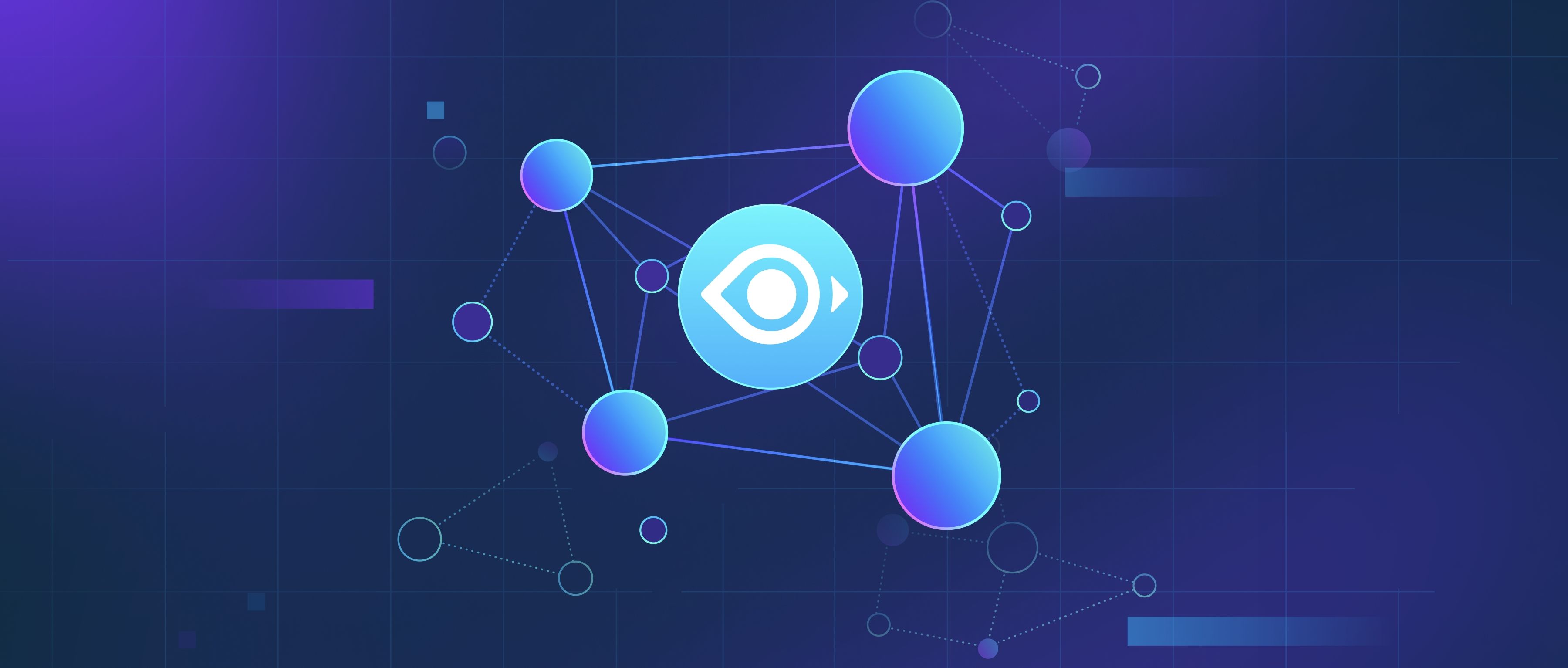Quantum computers can enhance AI training processes primarily by improving the speed and efficiency of data processing and optimization tasks. Traditional computers rely on bits, representing data as 0s and 1s, while quantum computers use qubits, which can exist in multiple states simultaneously. This capability allows quantum computers to perform complex calculations at a much faster rate than classical computers. For instance, training machine learning models often involves processing vast amounts of data and adjusting millions of parameters. Quantum computers could potentially handle these operations more efficiently, reducing the time required for training AI models.
One specific area where quantum computing can provide significant benefits is in optimization problems commonly found in AI. Many AI algorithms, such as those used in neural networks, require finding the best solution among a large number of possible configurations. Traditional methods can be slow, especially as the problem size increases. Quantum algorithms, like the Quantum Approximate Optimization Algorithm (QAOA), can explore the solution space more effectively, leading to quicker convergence on optimal solutions. This is particularly useful in disciplines such as logistics and finance where decision-making can be complex and time-sensitive.
Moreover, quantum computing can facilitate advanced techniques like quantum-enhanced machine learning, enabling AI models to analyze data patterns that classical algorithms might struggle to uncover. For example, quantum computers might excel at processing high-dimensional data through quantum kernel methods. These methods can efficiently compute similarities between data points in a transformed space, which is a crucial step in tasks like classification and clustering. With enhanced capabilities to analyze complex data relationships, quantum computers could lead to more accurate AI models, ultimately leading to better performance in real-world applications.
